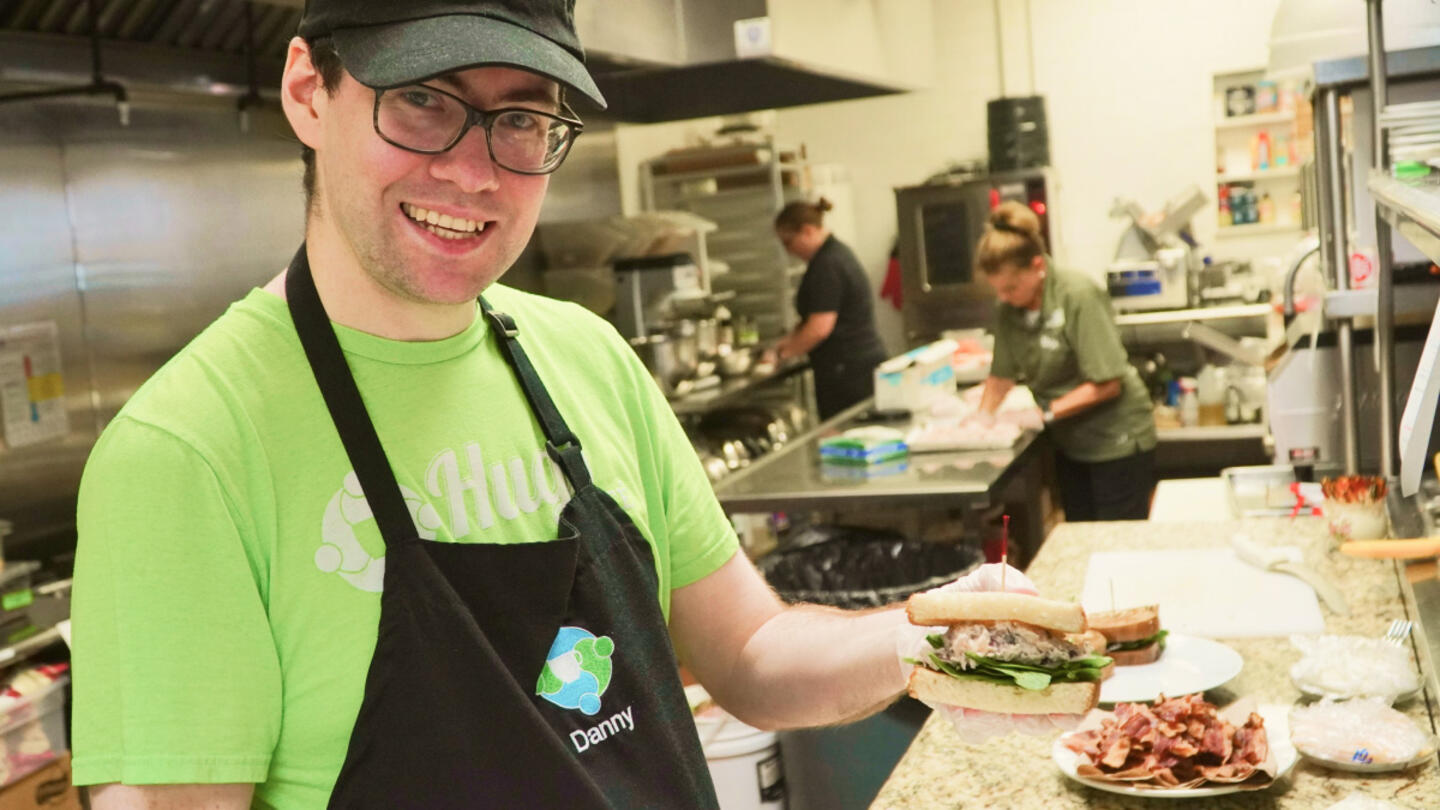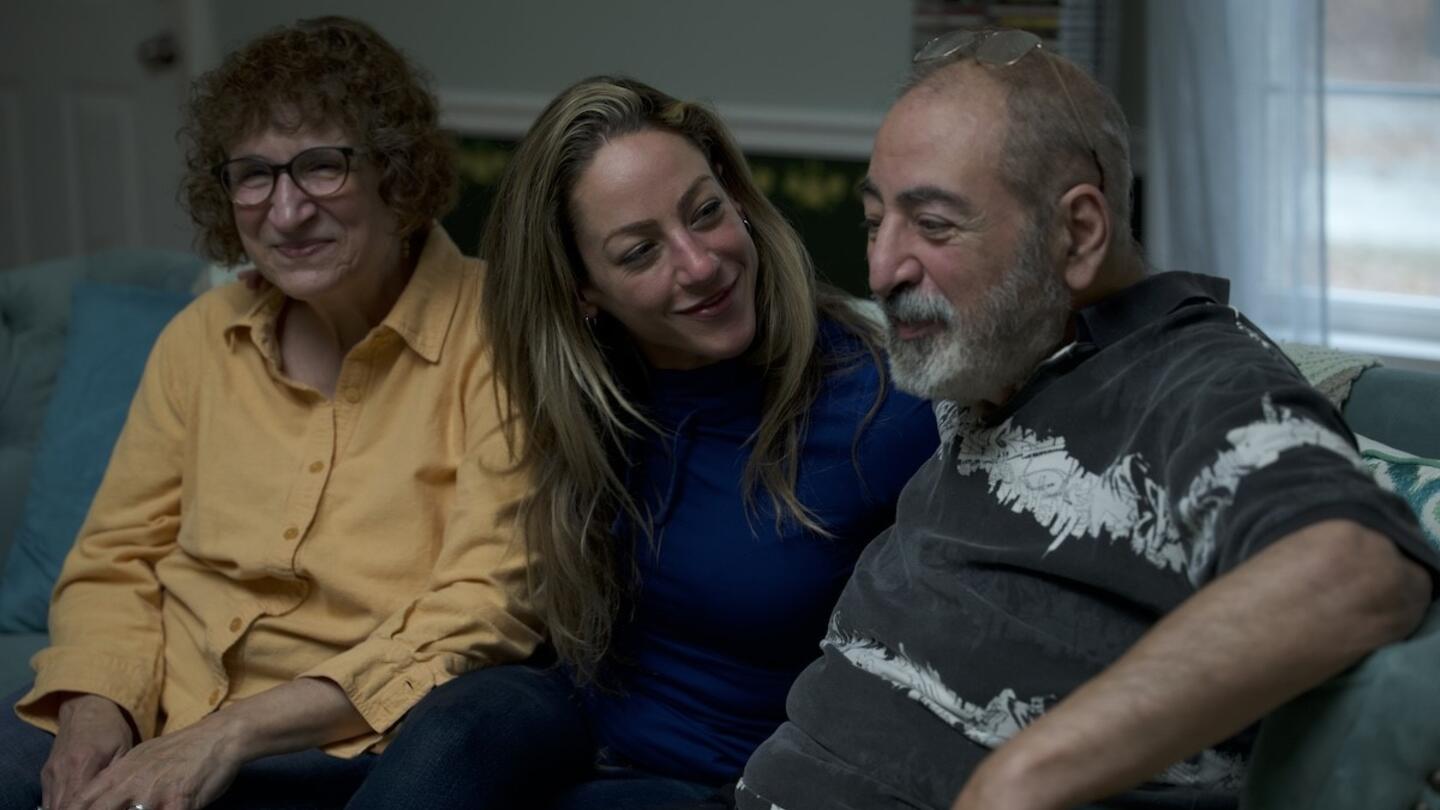Addressing addiction requires acknowledging each person’s inherent dignity and focusing on solutions that empower individuals to unlock their unique potential. This means shifting societal attitudes and embracing approaches centered on compassion, community-driven support, and innovative solutions grounded in mutual benefit and self-actualization.
Misconceptions about addiction
Misconceptions about addiction often reduce it to a lack of willpower, ignoring its complexity. Such harmful beliefs undermine recovery and fail to extend the compassion necessary for healing.
Recognizing addiction as a multifaceted disease rooted in trauma, recovery efforts that prioritize self-empowerment, openness, and compassion create conditions where individuals can reclaim their dignity and thrive.
Challenging these misconceptions is essential to creating a compassionate, effective approach to recovery:
- “Addiction is a moral failing”: Treating addiction with compassion means understanding it as a complex disease rather than a character flaw, requiring empathy and community-driven solutions rooted in dignity.
- “Criminalizing addiction works”: Punishing addiction as a crime ignores its roots in trauma and mental health struggles, perpetuating cycles of harm instead of offering pathways to healing and mutual benefit.
- “They’ll figure it out on their own”: Recovery flourishes through compassionate community support and shared humanity, not through withdrawal from social connections.
- “People in recovery can’t be trusted”: Compassionate recovery programs show that individuals can rebuild trust, accountability, and resilience, becoming valuable and contributing members of their communities.
- “Addiction only affects certain people”: Addiction affects people across all demographics, underscoring the need for solutions that treat everyone with dignity, understanding, and support.
5 innovative approaches to overcoming addiction
Traditional “one-size-fits-all” programs are being replaced by more holistic, individualized, and community-driven recovery models that honor each person’s unique strengths, experiences, and capacity to make meaningful contributions to their communities.
Here are five creative approaches to making a difference in recovery:
1. Peer-led recovery networks
Peer-led recovery networks take a bottom-up approach, valuing individuals’ lived experiences and insights to guide their own paths to healing. By connecting through shared experiences, these networks foster trust, reduce stigma, and enable the discovery of solutions tailored to individual circumstances.
The Phoenix is a nonprofit organization that fosters recovery by connecting participants through activities like workouts, pickleball, yoga, meditation, and book clubs. Since opening in 2006, The Pheonix has impacted over half a million people through remote and in-person sober-social activities bringing people together through peer-to-peer support.
2. Skill-building programs
Skill-building programs celebrate individual talents and provide pathways to lasting economic independence. These programs empower individuals to rebuild their confidence and rediscover their sense of purpose by offering meaningful employment opportunities and teaching valuable vocational skills. These efforts reflect the power of community and business to foster dignity, restore self-worth, and create opportunities for shared growth.
DV8 Kitchen is a restaurant dedicated to providing second chances by employing individuals in recovery from substance use disorders. This initiative not only offers meaningful employment but also aids in combating addiction by fostering a supportive environment for personal growth. DV8 Kitchen now hires 100% of its staff from the recovery community, providing meaningful opportunities that honor their inherent worth and potential.
Sign up for the Strong & Safe Communities newsletter for stories, ideas, and advice from changemakers working with their neighbors to address the biggest problems we face.
3. Trauma-informed care
Trauma-informed care starts by acknowledging the deep connection between trauma, addiction, and mental health, creating an environment where healing feels safe and possible. When people address their trauma in a compassionate setting, they’re able to rediscover their strengths and focus on the future rather than being defined by past struggles.
This approach is further enhanced by a bottom-up recovery process, which empowers individuals to lead their own journeys with guidance shaped by their unique experiences and the shared wisdom of their community.
Since 1985, Programs like Shepherd’s House have embraced a holistic and personalized approach, fostering healing environments for individuals who can rediscover purpose and dignity. 90% of the case managers are in recovery themselves, using their firsthand experiences and personal knowledge to ensure that recovery support is informed by genuine understanding and practical wisdom.
4. Family and community healing
Recovery is not just an individual journey — it’s a collective process that can bring families and communities together. By engaging loved ones as active participants in the healing process, recovery becomes a shared mission rooted in understanding, support, and connection.
This collaborative approach empowers individuals and families to address the relational dynamics impacted by addiction, fostering stronger bonds and creating environments where everyone grows together.
Face It TOGETHER is a nonprofit organization that provides peer-led coaching to individuals and families affected by addiction. Engaging families as allies in the recovery process fosters open communication and emotional support, creating resilient ecosystems that empower individuals and their loved ones. Notably, after at least 30 days of peer coaching, 52% of participants reported improvements in family support.
5. Empathy-driven recovery
Transforming how society approaches substance use starts with a commitment to dignity and respect. Empathy-driven recovery fosters open, respectful conversations about addiction, aligning with openness and voluntary cooperation.
This shift requires stepping out of comfort zones to foster open, respectful conversations about rethinking addiction and drug use. By prioritizing empathy, communities can create pathways to recovery that empower individuals to thrive and reach their full potential.
End It For Good is a nonprofit dedicated to shifting the conversation around the drug crisis by providing accessible tools — like podcasts, articles, and events — that educate people on the history and impact of the war on drugs. End It For Good envisions a future where communities address addiction with empathy and evidence-based solutions, ending the drug war for good.
Supporting people in recovery: why compassion matters
Addiction doesn’t just affect individuals — it often disrupts their closest relationships. Incorporating families into recovery leverages community and mutual benefit to rebuild trust and collaboration.
Recovery isn’t just about sobriety statistics — it’s about rebuilding lives and strengthening communities. Programs grounded in the principles of human dignity, mutual benefit, and rules of just conduct create scalable solutions by breaking down stigma and fostering supportive environments. Through these efforts, those impacted by addiction are learning to thrive — not just survive.
More about overcoming addiction with compassion and dignity
- These five nonprofits tackle addiction’s root causes with innovative, personalized approaches, rejecting one-size-fits-all solutions to help individuals heal for good.
- John Vance shares his journey from addiction to hope, revealing how he rebuilt his life with purpose and now helps others find their path to recovery.
- Blue Monarch is a recovery center for women and their children, offering a haven where families heal together and break addiction cycles.
- Grammy-nominated Marcus King shows how second chances and meaningful work can break addiction cycles and empower recovery.
***
Learn more about Stand Together’s efforts to build strong and safe communities and explore ways you can partner with us.

People with disabilities want meaningful work — and Hugs Cafe is making it happen.

At this ‘resort,’ children with intellectual disabilities are seen as gifts to be celebrated and loved.

Veterans experience loss when leaving service. Could this be key to understanding their mental health?

The Grammy-nominated artist is highlighting the stories we don’t get to hear every day.
